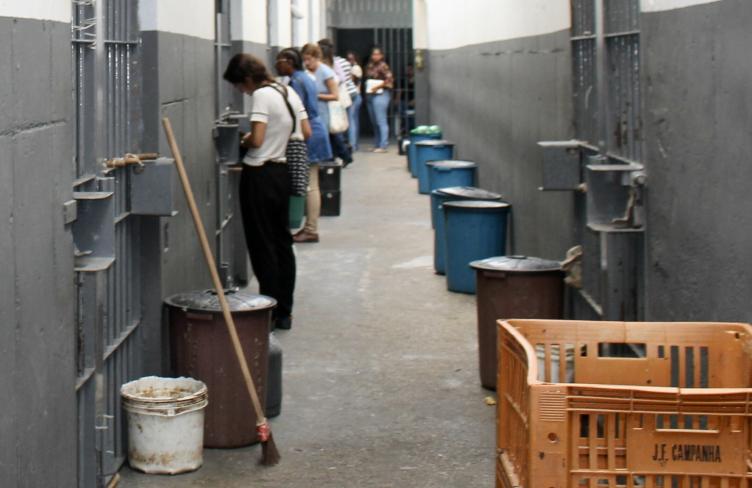
In its recent judgment in the case of Bouyid v. Belgium, the Grand Chamber of the European Court of Human Rights has done much to restore the balance in favour of common sense, by overruling its earlier judgment and finding that slapping detainees in the face was a form of ill-treatment prohibited by the European Convention on Human Rights after all.
In the case, the Court heard that two brothers known to police (one of whom was a juvenile at the time) were taken into custody in relation to separate criminal investigations. In both cases, according to police reports, at a moment of exasperation after disrespectful or provocative conduct by the detainee, police officers lost their temper and slapped each brother in the face. Just one slap in each case was alleged, and in both cases medical examinations conducted shortly after demonstrated bruising consistent with a slap.
In its final judgment, the Court reasoned:
“[W]here an individual is deprived of his or her liberty […], any recourse to physical force which has not been made strictly necessary by the person’s conduct diminishes human dignity and is in principle an infringement of the right set forth in article 3 of the Convention.”
This judgment is a welcome reversal of the Court’s earlier finding. It gives strength to those who have long argued that unjustified force used by police is degrading and humiliating for a detained person. Ill-treatment in a custodial setting by law-enforcement may cause serious and long-term fear and suffering, shared with feelings of persecution at the hands of authorities whose primary duty is to protect those in custody from harm. These effects are likely multiplied when experienced by juveniles or others in situations of vulnerability. Where such punishment or force causes severe pain or suffering, the abuse might more properly be characterised as torture.
I have previously written of the legal consequences of slapping a detainee. In any detention setting, a deliberate face slap is an inherently aggressive act, intended to be a show of authority over a person who is seen as subordinate. It is likely also meant as a threat, or would easily be perceived as such, that more violence could follow should the detainee not submit completely.
Certainly, the actions of the police were grossly unprofessional, constituting a tort as well as grounds for criminal action. But the Court was tasked with considering whether a single slap, given at a moment of exasperation rather than to extract a confession, should also be characterised as a breach of the absolute prohibition against torture and other ill-treatment, as protected in article 3 of the ECHR.
Situations of custody
Previously, the Court had reasoned that “acts of this type, though unacceptable, cannot be regarded as generating a sufficient degree of humiliation or debasement for a breach of article 3 of the Convention to be established” (art 51). This argument has some logic. Torture itself is often characterised as one of the most serious violations a State can commit against persons held under their control. Equally, other forms of ill-treatment, whether cruel, inhuman or degrading, are equally regarded as serious human rights violations. It appears counterintuitive that a minor infraction could be comparable to such violations and engage the international responsibility of the State.
Yet in its final judgment, the court recognised that in situations of custody, the authorities have a special duty to protect persons in their care. Any act which seriously undermines the dignity of a detainee (such as a slap) would likely qualify as an act of ill-treatment, even in circumstances where there is no lasting impact.
Though a welcome result, the difficulty with this analysis (as noted by the three dissenting judges) is that it creates a close link between concepts of degrading treatment and respect for a person’s dignity, which may not be well-understood. Critics note that human dignity is a woolly, ill-defined or expansive standard on which to find a human rights violation. In Bouyid, the Court makes dignity the central argument on which they find a violation. This could be seen as something akin to the first step down a slippery slope towards unwarranted human rights expansionism which risks trivialising the European Convention.
If the concept of dignity is not well-understood, State actors may well find it difficult to distinguish between lawful uses of force and ill-treatment. However, this could also be seen as an opportunity for all State actors to review their practices towards persons in custody and, if necessary, revise their understanding of how detainees should be treated to maintain their dignity and ensure respect for international human rights standards.
The Grand Chamber recalled that any resort to force not strictly necessary would, in principle, be an infringement to article 3. A slap in response to an attitude perceived as disrespectful is clearly insufficient to demonstrate such necessity, and it is right that such an act is recognised to be a degrading punishment and a human rights violation.

